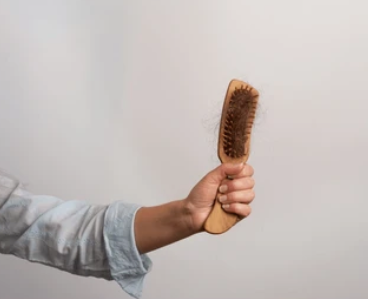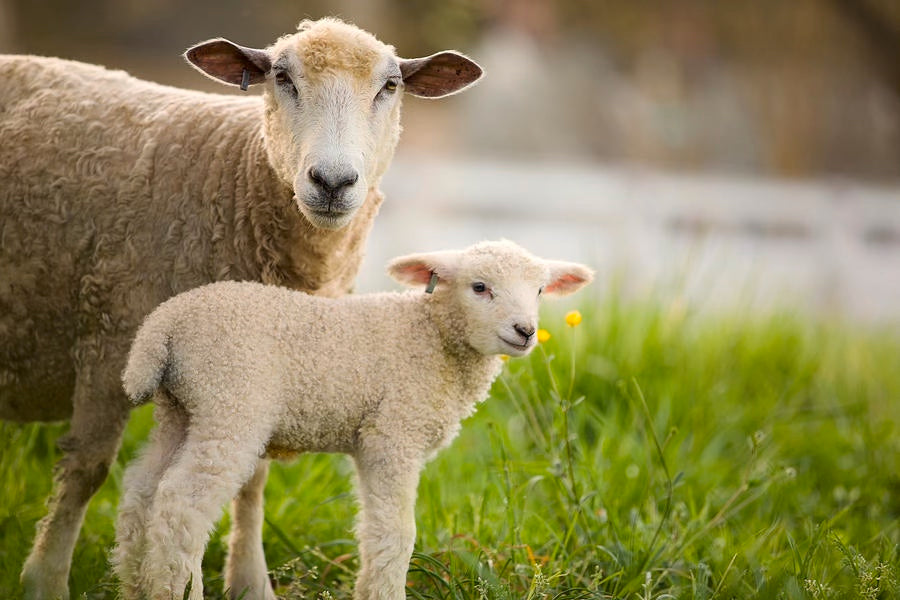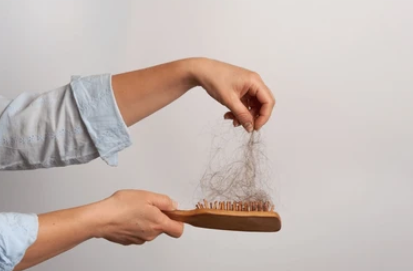You Grow, Girl!: Epidermal Growth Factor and How it Can Help After Postpartum Hair Loss

Postpartum hair loss is a common concern for many new mothers. After giving birth, hormonal changes can cause excessive shedding and thinning of the hair. This can be distressing for women who are already dealing with the physical and emotional changes that come with motherhood. However, there is a solution that can help combat postpartum hair loss: epidermal growth factor.
What is Epidermal Growth Factor?
Epidermal growth factor, or EGF, is a naturally occurring protein that plays a crucial role in the growth and development of cells. It is found in various tissues throughout the body, including the skin and hair follicles. EGF promotes cell proliferation, differentiation, and survival, making it an essential factor in tissue repair and regeneration.
How Does Epidermal Growth Factor Help with Postpartum Hair Loss?
During pregnancy, hormonal changes cause an increase in the production of estrogen, which prolongs the growth phase of the hair cycle. This results in thicker, fuller hair during pregnancy. However, after giving birth, estrogen levels drop significantly, leading to hair shedding and thinning.
Epidermal growth factor can help counteract the effects of hormonal changes on the hair follicles. By promoting cell growth and survival, EGF stimulates the regeneration of hair follicles and encourages the growth of new, healthy hair. It also helps to improve the overall health and condition of the scalp, creating an optimal environment for hair growth.
The Benefits of Using Epidermal Growth Factor for Postpartum Hair Loss
1. Stimulates hair growth: EGF promotes the growth of new hair follicles and encourages the growth of existing hair, helping to combat postpartum hair loss.
2. Improves hair thickness and density: By stimulating cell proliferation and differentiation, EGF helps to increase the thickness and density of the hair, resulting in fuller, healthier-looking locks.
3. Enhances scalp health: EGF improves the overall health and condition of the scalp, creating an optimal environment for hair growth. It helps to reduce inflammation, soothe irritation, and balance oil production.
4. Safe and natural: Epidermal growth factor is a naturally occurring protein in the body, making it a safe and natural option for treating postpartum hair loss. It is well-tolerated and does not have any known side effects.
Conclusion
Postpartum hair loss can be a distressing experience for new mothers, but epidermal growth factor offers a solution. By stimulating hair growth, improving thickness and density, and enhancing scalp health, EGF can help combat postpartum hair loss and restore confidence to new mothers. If you're experiencing postpartum hair loss, consider incorporating epidermal growth factor into your hair care routine for optimal results.


